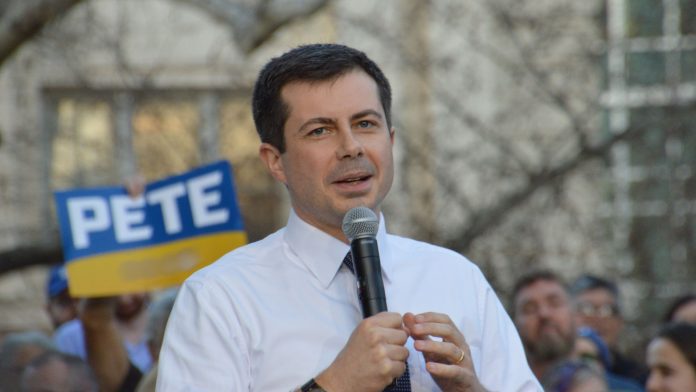A leading group of self-driving car companies has called on the U.S. government to take a more proactive role in advancing autonomous vehicle (AV) deployment. The group, which includes major players like Volkswagen, Ford, Alphabet’s Waymo, Amazon’s Zoox, and Uber, warns that delays in federal action could hinder progress and allow other nations, particularly China, to take the lead in AV technology. The group is urging the U.S. Department of Transportation (USDOT) to take charge of AV design, construction, and performance.
The Autonomous Vehicle Industry Association (AVIA), led by Jeff Farrah, released a policy framework demanding the federal government assert its responsibility and eliminate regulatory barriers that have slowed the adoption of self-driving technology. Farrah emphasized the need for clear guidelines and action to create a “pathway” for bringing these next-generation vehicles to the market.
“We want to make sure there is a clear pathway to getting these next-generation vehicles on the road,” Farrah said, expressing frustration at the slow progress. The group also calls for more vigorous government efforts to address key regulatory challenges and remove the uncertainty surrounding AV development.
In response, Transportation Secretary Pete Buttigieg acknowledged the government’s cautious approach, emphasizing the importance of rigorous testing to ensure that autonomous vehicles can outperform human drivers. He stated that this oversight is crucial to ensuring that AVs reach their potential to save lives and gain public acceptance.
Recent incidents have heightened the urgency of the issue, particularly when a self-driving vehicle from General Motors’ Cruise division seriously injured a pedestrian in October 2023. The USDOT has opened investigations into several AV operators, including Cruise, Waymo, and Zoox, in the wake of the incident.
In addition to calling for clearer federal guidelines, the industry urges Congress to clarify that human controls are unnecessary in automated vehicles that meet safety standards and to allow companies to deactivate manual controls in fully autonomous models. The group also advocates creating a national AV safety data repository accessible to state transportation agencies to monitor and improve safety nationwide.
With global competition intensifying and regulatory hurdles remaining, the AV industry is looking for the U.S. government to take decisive action to support the rapid deployment of autonomous vehicles.



